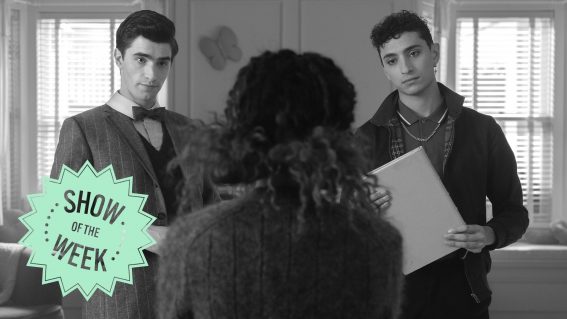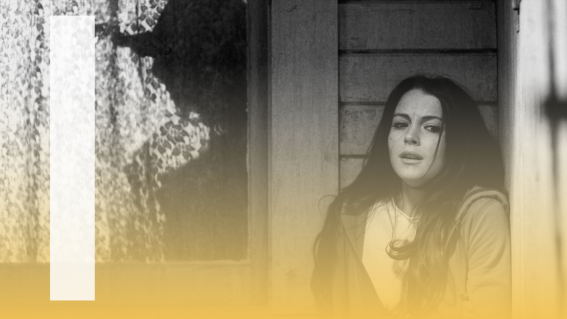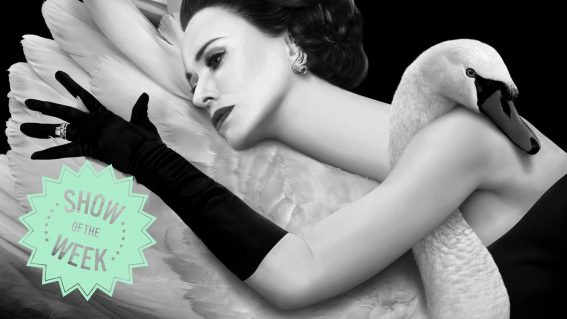Instead of Role Play, return to the spectacularly silly True Lies
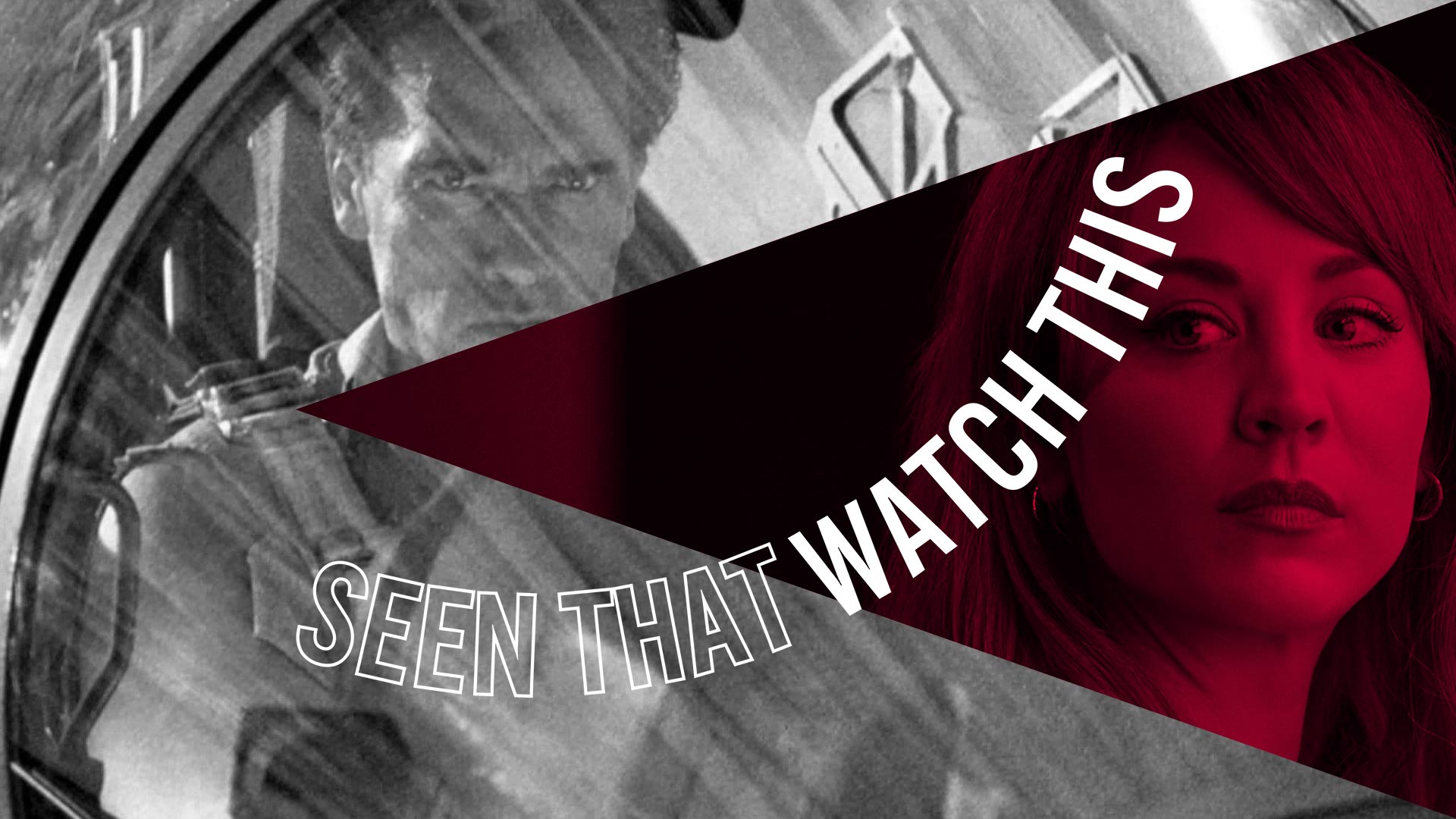
Seen That? Watch This is a weekly column from critic Luke Buckmaster, taking a new release and matching it to comparable works. This week it’s Role Play, a new comedy about an assassin and their clueless spouse that comes nowhere close to James Cameron’s bombastic action classic True Lies.
Don’t you hate it when you discover your spouse is living a secret life as an assassin for hire? Alright, the premise of Kaley Cuoco and David Oyelowo’s new film Role Play—starring the former as a bad ass killer and the latter her unsuspecting hubbie—may not seem widely relatable. But it does use a far-fetched scenario to illuminate a common anxiety: that there are major things we might not know about the people closest to us.
Director Thomas Vincent establishes a spritzy, upbeat tone, Cuoco’s Emma Brackett executing a hit then returning to her large sunlit home in suburban New Jersey, where the lies about what she’s been up to flow thick and fast. Emma—who forgot her wedding anniversary—tells Oyelowo’s Dave that she’s been in Nebraska, “teaching mid-level management how to add vegan options to their franchise plans.”
The protagonist may have a deathly dramatic double life but poor ol’ Dave is stuck at home, going through the daily grind, craving excitement. So the pair agree to “mix things up a bit” and come up with plan to meet at a bar, pretending to be complete strangers. An event that has “MacGuffin” written all over it.
Neverthelsss, Role Play treads water for a long time, before delivering under-baked action scenes and an especially flimsy final act in which Emma’s personal and professional lives collide. This tame genre outing reheats countless other productions and lives in the shadow of one in particular: James Cameron’s 1994 classic True Lies. Cameron’s knowingly absurd action/comedy merges a similar premise—feeding into the aforementioned anxiety—with pumped up James Bond scale set pieces and one-liners.
Cameron’s blockbuster was clearly made on a bigger budget, with bigger stars: Arnold Schwarzenegger and Jamie Lee Curtis. But it’s the script—reworking a 1991 French comedy called La Totale!—that gives the film its wit and flavour. I revisited True Lies shortly after watching Role Play, and the many similarities between them are glaring.
It begins (like Role Play) with the protagonist indulging their secret life, Schwarzenegger’s Harry—a secret agent for an American counterterrorism agency—sneaking into an opulent party in Switzerland and leaving to the tune of gunfire and explosions. When he returns home, instead of forgetting his anniversary, we learn he’s missed a birthday party his wife Helen (Curtis) planned for him. Like Dave, Helen’s sleepwalking through life and longs for adventure. In an absurd twist, given the nature of Harry’s work, she’s been secretly meeting up with a used car salesman (Bill Paxton) whose strategy of seducing women is to convince them that he’s a secret agent. When Harry gets wind of their relationship he nabs them both, and hauls Helen into an interrogation room: a flagrant misuse of work resources and one hell of a prickish thing to do.
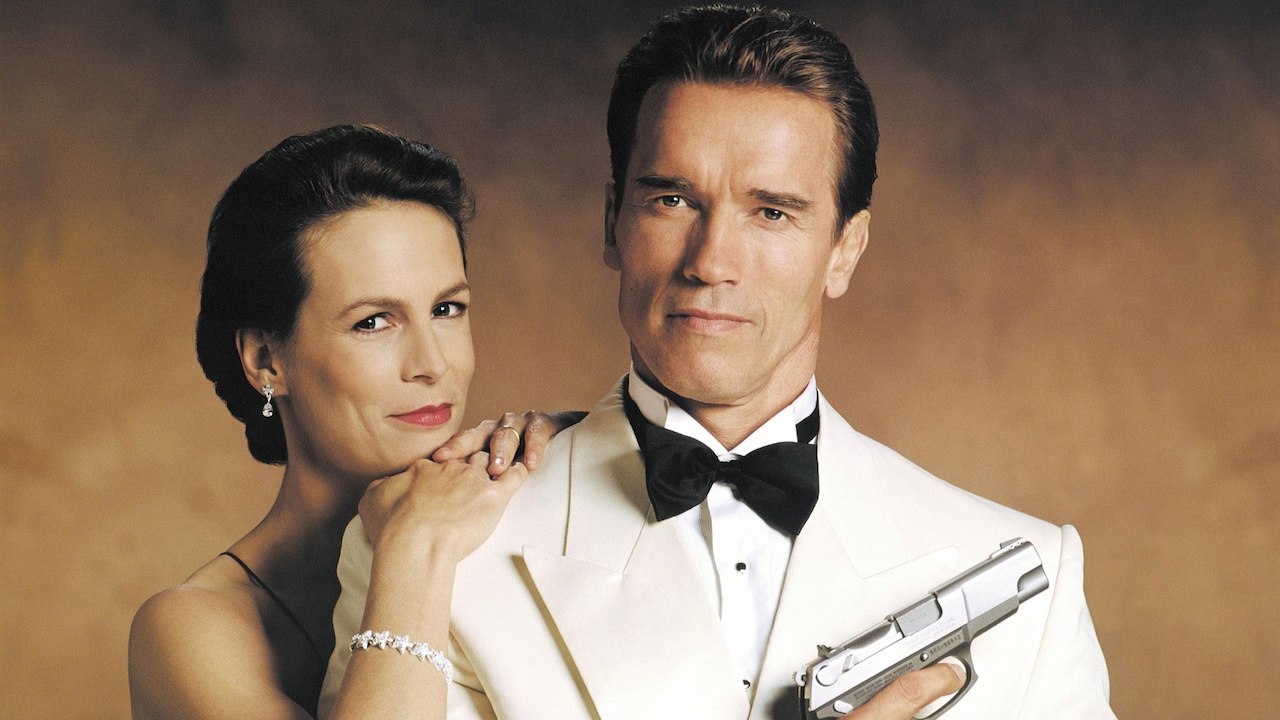
Harry’s twisted behaviour continues when, from behind one-way glass, using a voice-altering machine, he cuts a deal with Helen to participate in a (fictitious) mission, leading to a famous moment with him bathed in shadows in a hotel room, watching her perform a striptease. This is the equivalent of the bar scene in Role Play, with both characters pretending to be someone else, only one of them accustomed to such subterfuge.
The worst thing about True Lies is a slab of generic action in the last act, when husband and wife team up to fight terrorists: a chunk of bombast that feels like it’s going through the motions and loses the spark of the rest of the film, its crackling to-and-fro.
My favourite moment is an outrageous chase scene following Schwarzenegger on a police horse, galloping after a terrorist on a motorbike, who decides not to stick to the streets (too easy!) but to race into a huge hotel—into the foyer, through the kitchen, even into an elevator. Upstairs, on the rooftop, the baddie gets away by hooning off the building and plonking in the swimming pool of a neighbouring building.
All in a day’s work for a cartoon terrorist! Harry watches the jump and readies his four-legged friend to follow. When the horse refuses, he has the gall to give it a lecture: “you let him get away,” he says. “What kind of a cop are you?” This scene—like much of the film—is an irresistible confection, executed with a playful spirit of stakes-raising and one-upmanship. As a “here’s what your spouse really does for work” action-comedy, it’s hard to beat.

